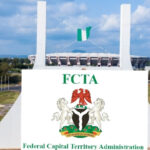By: Theresa Moses
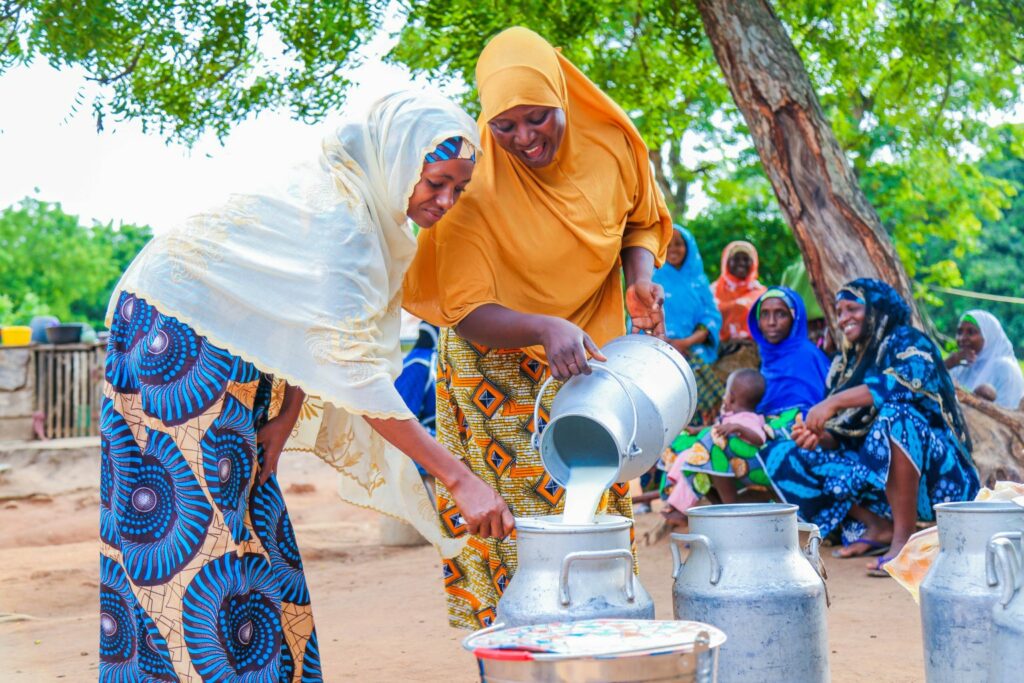
I recall with nostalgia, growing up in the 1980s in Jos, Plateau state; the memories of seeing pastoralists within my rural neighbourhood. I had some exciting moments.
Being raised in such a peaceful, nature-filled environment, I watched those herders travel from the north to the south in search of pasture and water for their cows. But in more recent national history, that deep sense of security that we once enjoyed in the country side has long given way to violent conflicts and pervading insecurity.
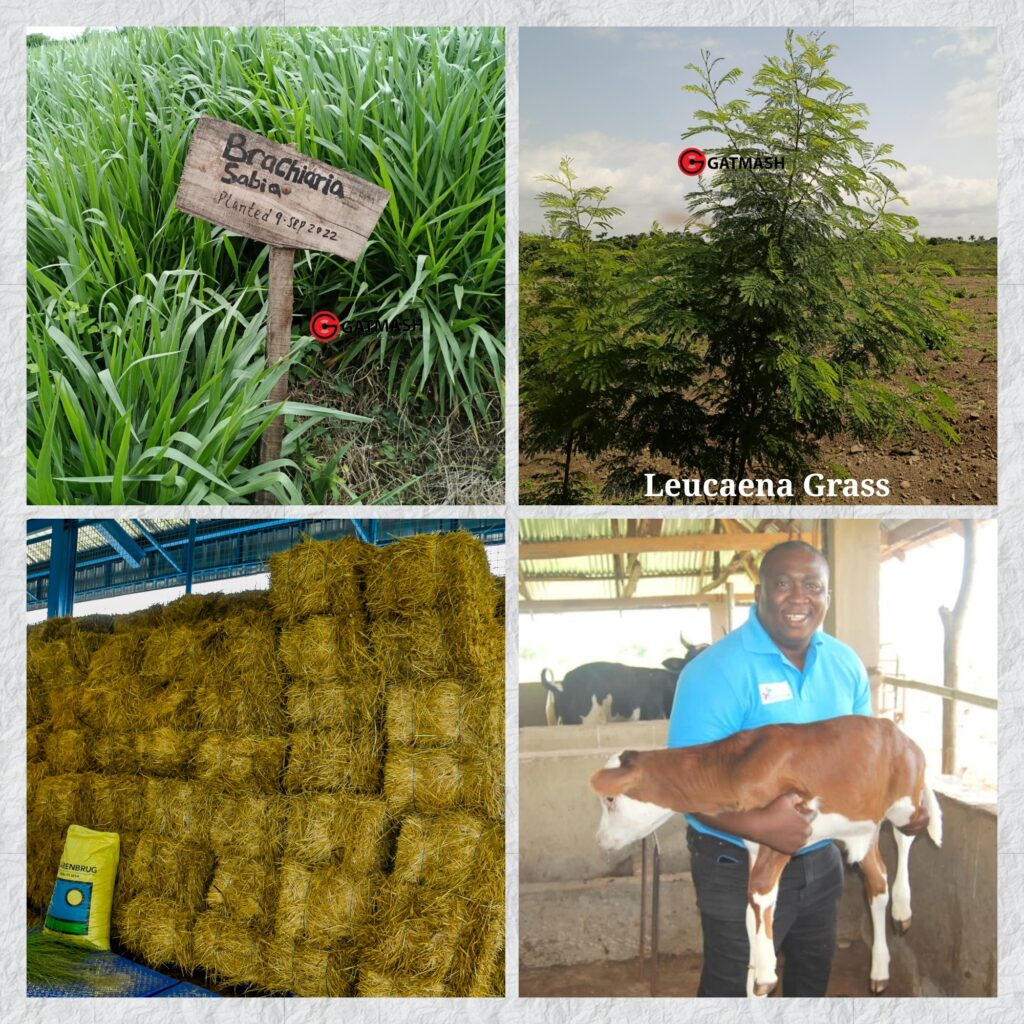
I used to enjoy how they milked the cows early in the morning, producing most of the raw milk we drank before the cows ended up being sold in the beef markets. Pastoralists are primarily herdsmen who are mostly nomadic and own indigenous cow breeds, e.g. ‘White Fulani’ and ‘Sokoto Gudali’.

Back then, very rarely did we hear any stories of conflicts between herdsmen and the crop farmers in the communities they journeyed through. But in the last eight years, herdsmen-farmer clashes have become rife causing serious national security issues in Nigeria. This has consistently served as an impediment to the growth of agriculture in the country, especially the dairy sector.
Interestingly, I almost got swept off my feet by the evidence of massive investment by Nigeria’s dairy giant, FrieslandCampina WAMCO, (FCW) during my recent expedition to Fashola Farms, which occupies about 300 hectares in Iseyin, and Maya Demonstration Farm (about 20 hectares) in Ibarapa Local Government Area of Oyo State, Nigeria. The company’s investment in rapid dairy development in Nigeria in the last 12 to 13 years is said to be in excess of N21 billion naira.
This massive investment is not only “nourishing Nigerians with quality dairy nutrition” as the company prides itself, its dairy development model is helping to resolve issues of herdsmen-farmer conflicts in major ways, including tackling malnutrition, empowering rural dairy families, and promoting sustainable development practices.

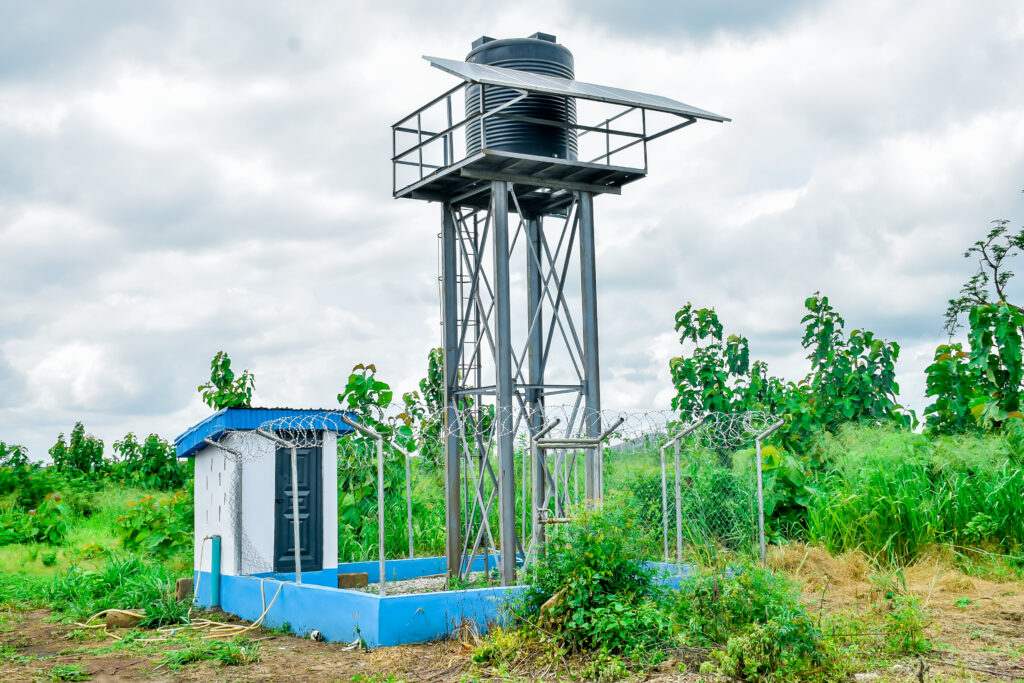
FrieslandCampina WAMCO is the only multinational dairy company currently sourcing raw milk locally at a steady 40,000 litres daily and still counting. It set up the Maya demonstration farm to train dairy farmers in Nigeria on best dairy management practices and technologies in alignment with the Federal Government’s backward integration programme.
The 20-hectare farm is fertile and arable, with sandy-loamy soil. It has two seasonal streams, one of which originates from a spring within the farm. A variety of trees have been planted on the stream beds for environmental sustainability.

According to FCW, the objectives of setting up the Maya breeding farm are to demonstrate sustainability by planting trees on 10% of the land (2 hectares), as well as the use of renewable sources of energy, including solar power and biogas from manure. As a dairy breeding centre, it is already succeeding with artificial insemination to produce high-milk-yield Girolando cattle stock to improve productivity. It is a world-class dairy business model and demonstration farm.
Maya farm has infrastructure at various stages of completion, including a shed to accommodate 60 cows, a silage bunker to conserve maize or grass silage, boreholes, a haybarn, an implement shed, a feed mill, calf and heifer pens, and several other facilities. The farm will act as a breeding ground for dairy cows, both indigenous and crossbred Girolando cows.

The cows will be milked using milking machines, and the milk collected will be delivered to a cooling centre in Maya for preservation. The farm will supply excess heifers to other demonstration farms and would also have a feed farm in Fashola (300 hectares), which would supply hay and silage all year round.
FrieslandCampina WAMCO collaborates with Barenbrug, one of the world’s leading hybrid pasture seed production companies, to support and also make available and accessible, good quality pasture seeds to the local dairy farmers. This initiative was established to tackle one of the major challenges facing dairy development in Nigeria.

This key milestone is an important step to give smallholder farmers’ access to affordable, high-yielding dairy cows in Nigeria. And also resolve the herdsmen-crop farmer conflict as the pastoralists will have a place to settle their cows, get feed from quality pastures, have access to potable water, improve their livelihoods, and have a guaranteed market all year round.
Armed with the largest market share in the dairy sector in Nigeria, FrieslandCampina WAMCO has improved livelihoods for dairy farmers, and improved nutrition outcomes, especially for children. In addition, it has tremendously played its role in the dairy industry by bridging the gap between demand and supply, developing local capacity and contributing to the GDP of the country.
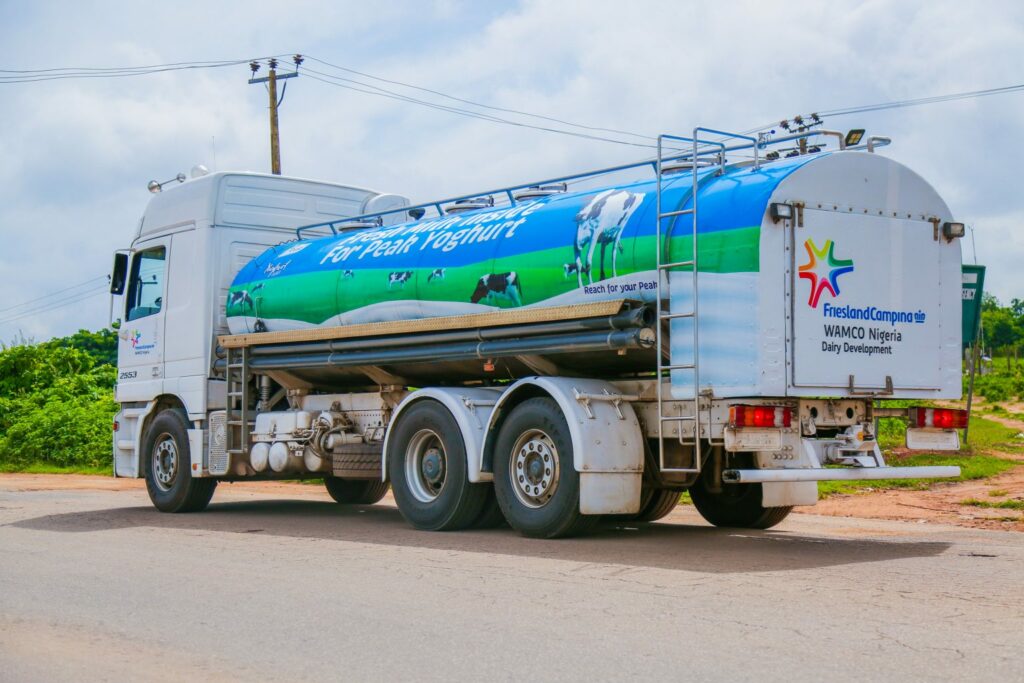
However, despite all these privately driven investments, government at all levels must create and sustain enabling environments for dairy business by addressing the lack of infrastructure, including routes-to-market networks, land tenure system, and the provision of affordable vaccines, among others.

Share your story or I Witness Reports with us 24/7 via: SMS/ Whatsapp: +234(0)8072022024, Email: [email protected], follow us on our social media platform: Twitter, Instagram, Facebook:@Gatmash and Subscribe to our YouTube Channel: Gatmash TV.
Gatmash News is one of the most sought- after news portals, with increasing audience, exclusive breaking news and reports across the globe. Plus more. Website: https://gatmash.com
For advert placement, contact us today via email: [email protected] or call our hotlines on Tel: +234(0)8072022024




